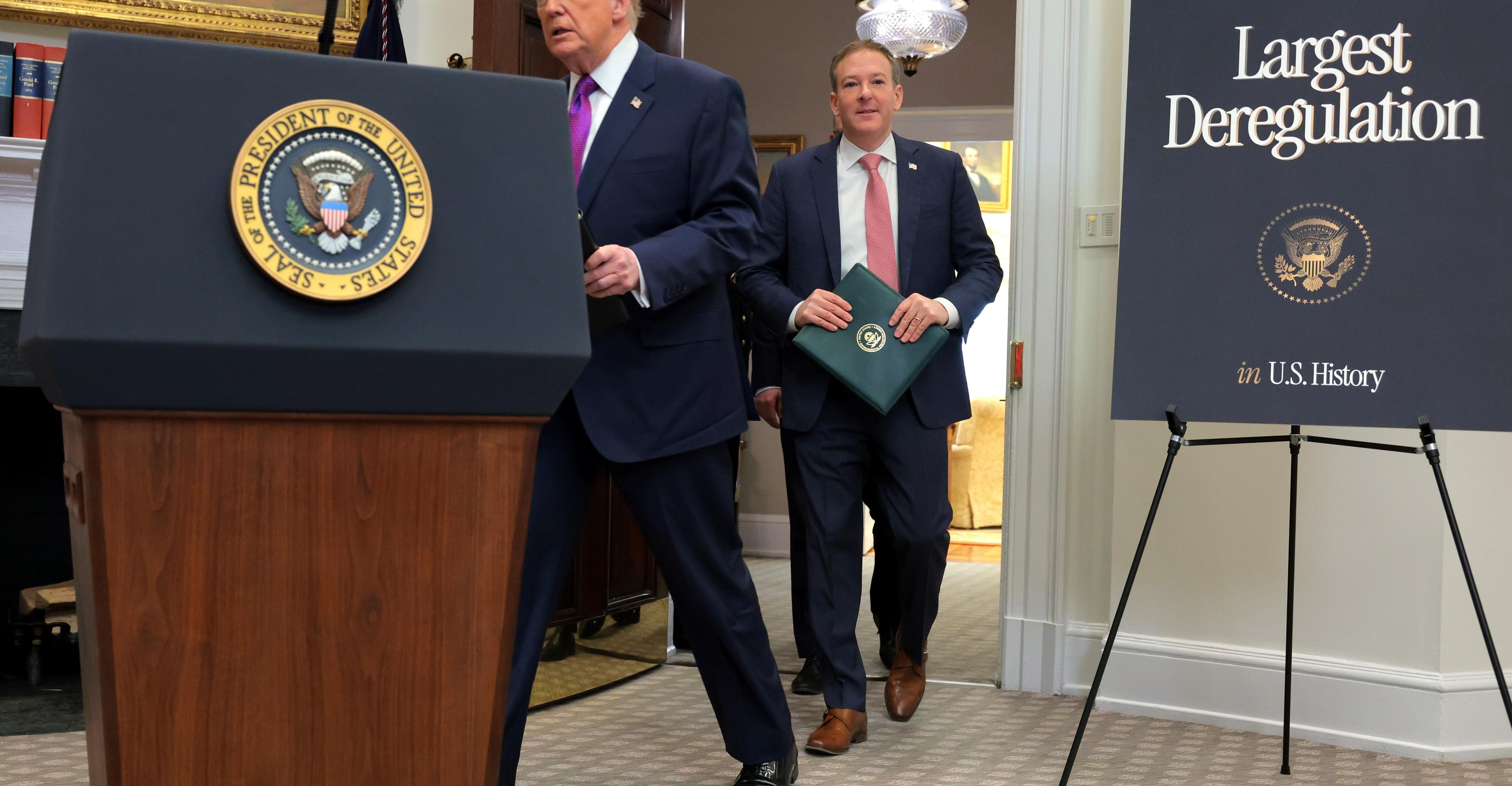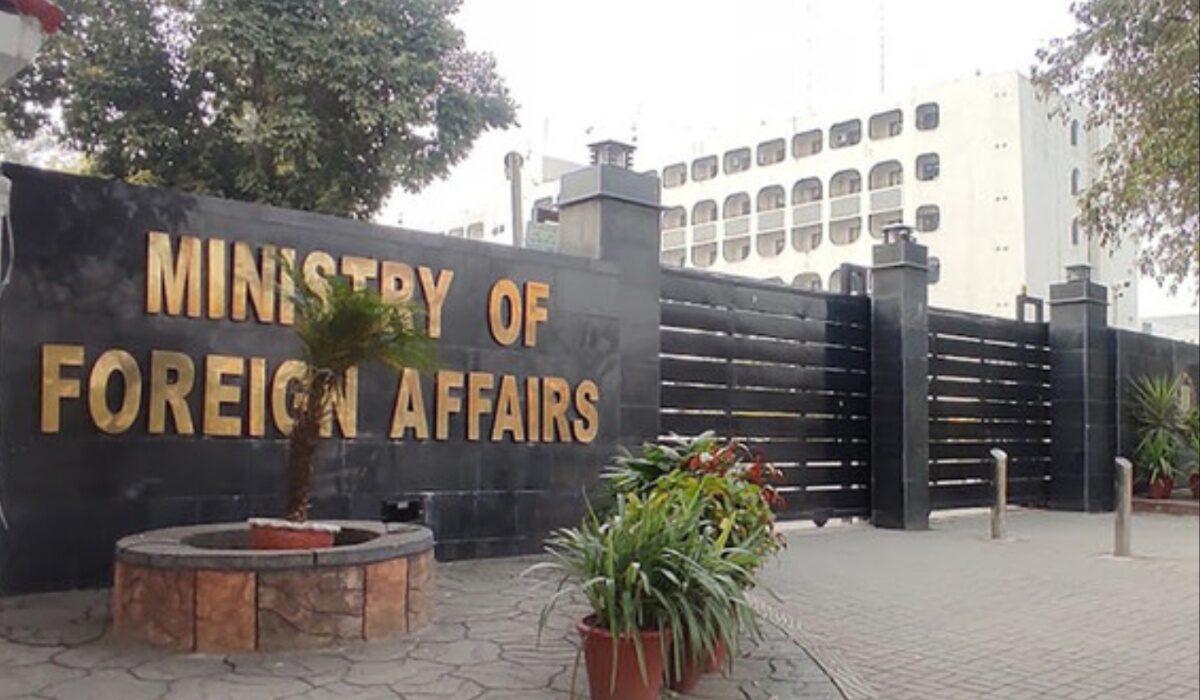The Federal Board of Revenue (FBR) has been given a tax collection target of Rs9.2 trillion, while the non-tax revenue target is set at Rs2.7 trillion.


Islamabad: Finance Minister Ishaq Dar is presenting the federal budget for the fiscal year 2023-24, with an estimated outlay of Rs14.4 trillion.
In an effort to attract voters for the upcoming general elections, the government plans to allocate funds for various targeted schemes, despite a higher consolidated budget deficit of over 6% of GDP.
The Federal Board of Revenue (FBR) has been given a tax collection target of Rs9.2 trillion, while the non-tax revenue target is set at Rs2.7 trillion. To meet the non-tax revenue target, the government intends to increase the petroleum development levy (PDL) from Rs50 per litre to Rs55-60 per litre, aiming to collect Rs870 billion in the next budget.
The lack of credibility in budgetary numbers remains a concern, as they are expected to change throughout the financial year. If a new government takes office after the general elections, it will likely need to introduce a mini-budget to align with IMF guidelines and secure a fresh bailout package.
The finance minister's ability to satisfy the IMF and revive the stalled program remains to be seen. The ongoing stalemate could jeopardize the dwindling foreign exchange reserves, which currently stand below $3.9 billion.
Signing a staff-level agreement with the IMF will depend on fulfilling three conditions: securing external financing of $6 billion, presenting a budget in line with IMF guidelines, and maintaining a market-based exchange rate.
The IMF program is set to conclude on June 30, with no possibility of further extension as mentioned by the finance minister during the launch of the Economic Survey for 2022-23.
There is a credibility gap regarding the accuracy of budgetary numbers, necessitating the presentation of a realistic budget for the next fiscal year.
As the Pakistan Democratic Movement (PDM)-led government's tenure expires on August 12, an allocation of Rs90 billion has been approved for the SDGs Achievement Programme (SAP) in the upcoming budget.
External debt servicing remains a top priority, requiring $25 billion in the next budget. It remains uncertain how the government plans to generate such a significant amount, considering it secured less than $8.1 billion in the first ten months of the current fiscal year.
The fiscal constraints pose significant challenges as the federal government's net revenue receipts will be insufficient to meet debt servicing requirements. After transferring resources to provinces and factoring in non-tax revenue, the total net receipts are projected to be Rs6.5 trillion, while the total debt servicing will amount to Rs7.5 trillion, resulting in a deficit of Rs1,000 billion.
The government aims to increase salaries, pensions, and minimum wages of workers in the FY24 budget, but addressing the yawning budget deficit for the next fiscal year will require acquiring domestic and foreign loans amounting to Rs7,000 to Rs7,500 billion.
وفاقی کابینہ نے سرکاری ملازمین کی تنخواہوں میں 30 فیصد اضافہ کی منظوری دے دی ، ذرائع#GNN #breakingnews #newsupdates pic.twitter.com/OLEmjbPCCd
— GNN (@gnnhdofficial) June 9, 2023
Given the complexity of the situation, deep-rooted structural reforms are necessary to navigate the economy out of the crisis.
Trump leads first meeting while Hamas tightens grip in Gaza
- ایک گھنٹہ قبل

The real reasons people love playing games
- 16 گھنٹے قبل
Pakistan issues demarche to Kabul over use of Afghan soil in Bajaur attack
- 7 گھنٹے قبل
Taylor Swift named best-selling artist of the year for sixth time
- 6 گھنٹے قبل
King Charles’ brother Andrew arrested on suspicion of misconduct in public office: BBC
- 7 گھنٹے قبل

ANF burns 18 tonnes narcotics, 169,000 litres liquor during annual drug burning exercise in Sheikhupura
- 9 گھنٹے قبل

How much did gold and silver prices gain in Pakistan today?
- 8 گھنٹے قبل

Four terrorists killed in IBO in KP’s Lakki Marwat: ISPR
- 2 گھنٹے قبل
West Indies ease past Italy to tune up for T20 Super Eights
- 7 گھنٹے قبل
Pakistan, US ink pact to redevelop New York’s Roosevelt Hotel
- 2 گھنٹے قبل

In the fight against climate change, Trump sides with climate change
- 16 گھنٹے قبل
5G spectrum auction to be held on 10th of next month: Chairman PTA
- 8 گھنٹے قبل








